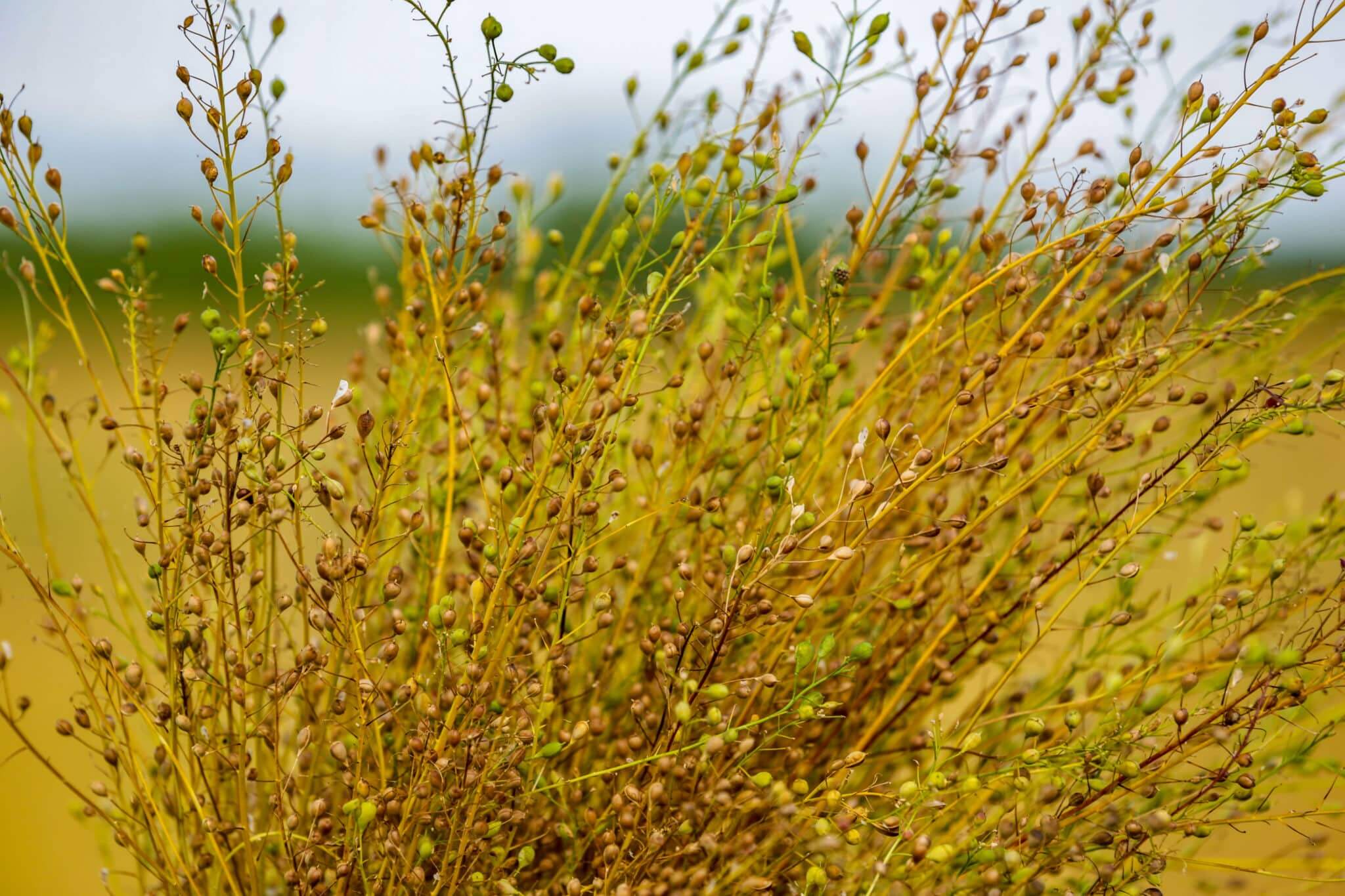Farmers and researchers can now officially grow gene edited crops in fields across the UK after new legislation was passed last month.
But concerns have been raised that under the new rules there is no requirement to specify where gene edited crops are being grown, or who is growing them, because they are classified under the new law as no different to plants occurring via traditional breeding methods, something that campaigners contest.
The new Genetic Technology (Precision Breeding) Bill means it will be legal to grow and sell gene edited foods in England, without labelling. The change has not been approved in Scotland, Wales or Northern Ireland.
Researchers have been able to grow gene edited crops for non-commercial purposes ahead of the bill being made into law using a precursor rule, known as a statutory instrument, and the seven trials currently underway are listed on the Defra website.
It shows that trials of gene edited barley, wheat, tomatoes and camelina are underway in the UK, with only the date and expected duration of the trial provided on the form, and self-certified information about how the trial will reduce risk of cross pollination. The trials are testing a variety of changes, including drought resistance, increased yield and disease resilience.
A Defra spokesperson would not confirm to Wicked Leeks that it knows the location of trials, stating only that it is “aware of the trials taking place” and that “there isn’t a central list of all trials or their locations”. A new public register is due to be created, but Defra was unable to confirm when this would be available.
“The scientific advice is that organisms produced using precision breeding pose no greater risk to the environment than organisms produced through traditional breeding methods,” a spokesperson said.
“As researchers trialling traditionally bred crops do not have to provide location information, we do not think it is proportionate or necessary to require location information for precision bred organisms grown during research or commercially.”
The lack of transparency has led to concern among organic farmers and certification bodies, as it will not be possible to prevent cross pollination between gene edited and organic crops, or prove that it has not taken place, without knowing the location of trials.
Organic certification currently relies on strict rules including no inclusion of GM material whether through plants, seeds, compost or feedstocks for animals.
Certification body The Soil Association said it has been “hard to say definitively what impacts Precision Bred Organisms (PBOs) may have on organic crops as so much is currently unknown about what will be developed”.
“This is causing a lot of concern and uncertainty for the organic sector, but it is unlikely to impact on whether a farm can be certified as organic or not,” a spokesperson said.
“We think there should be full traceability and labelling of PBOs and have asked that measures are put in place as part of the application and authorisation process that enables identification and traceability.
“The responsibility should not be on the organic farmer to prove no proof of contamination but should be the responsibility of the companies and individuals producing PBOs to prevent the risk.”
Speaking to Wicked Leeks, Professor Jonathan Napier, of Rothamsted Research, said there is no way for farmers to know whether gene edited crops are growing next door “short of driving round to see what their neighbours are doing”.
He runs both traditional GM and gene edited trials on camelina, an oil-producing arable plant, which he said has low risk of cross pollination because the plant has tiny flowers and largely self-pollinates. “If you were in a different crop, so oilseed rape, then you probably would be worried about that because oilseed rape does cross pollinate,” he said.
“There is no diagnostic test that you can use to identify whether you’ve got a mutation or a change of the DNA sequence that’s been generated by gene editing, as opposed to by natural breeding,” said Napier, who added that “it depends what traits you’ve added and whether you’d be worried about cross pollination of that into something else”.
Pat Thomas, director of campaign group Beyond GM, said: “For the purposes of organic certification, gene-edited precision-bred crops will continue to be treated as GMOs and organic farmers, concerned about contamination, should have the right to know where fields trials or commercial plantings of GMO crops are in relation to their own fields.”
Others have suggested that the lack of transparency around the gene edited trials is off-putting to those who might otherwise be favourable to the technology.
Liz O’Neill, of campaign group GM Freeze, said: “The government should not allow any GMO to be grown until they have established proper measures to protect organic and conventional growers from contamination. The secretive nature of ‘QHP’ [gene edited field trials] releases means that farmers can’t even assess their own level of risk or know what to look out for.”
Napier, whose trials using original GM techniques are looking at creating Omega 3 oil from camelina by adding genes from algae among others, stressed that Rothamsted is open about its work.
“We’re completely open about what it is we’re doing and if people want to come and have a look then you can. I think GM as an issue for lots of people is not the hot button it was a few years ago. But there are a few people that feel very strongly about it,” he said.
The results of trial work done by British researchers on traditional GM in the UK are exported overseas, particularly Canada and the US, where it is permitted to be grown.
Spain is the only country in Europe where GM crops are permitted and grown, with around 100,000 hectares of GM maize grown across the country.













If you click on that link above to the locations of GM fields sites, you will see lots of consents, many of which belong to ‘Vaccine’ or ‘immunology’ centres. I put ‘vaccine’ into inverted commas, because we all know that these Genetically Engineered experiments, are not authentic ‘vaccines’. That word, like many in our vocabulary recently, has been hijacked by BigPharma. I’d like to know what exactly is going at these sites, where the ethics have been discussed and what the objectives are -even if they aren’t directly ‘in my back yard’ – the outcomes are being hidden from us, and will have a negative impact on all our lives, wherever we live in the world.
I am always dubious when the government says “there is no need….” It always seems like a metaphor for “we’re not going to tell you so you can’t sue us if things go wrong”. And is there a plan to destroy organic foods by BigFarma? Conspiracy theory but would I be surprised?
The Conservative government announced as part of its post-Brexit initiatives that Britain would seek to become a world leader in GM technology. This intense focus on a new, lucrative and largely unregulated industry was apparently intended to distract from the science-defunding fiasco that was our exit from European research consortiums.
These secretive GM trials and the government’s race-to-the-bottom ethic risk undermining existing practices and the hard-won reputations of more ethical farmers. What’s more, they compromise the value to science of these trials since it will soon become impossible to distinguish GM from non-GM crops. As with the disastrous crop experiments in India and Sri Lanka, this may ultimately be a Monsanto scheme to make all of British agriculture dependent on its products.
Once again things being done almost exclusively for the benefit of business with people being kept in the dark as much as possible. What about being open or as we now put it ‘transparent’ Shame on the gov;t. They don’t care about us.